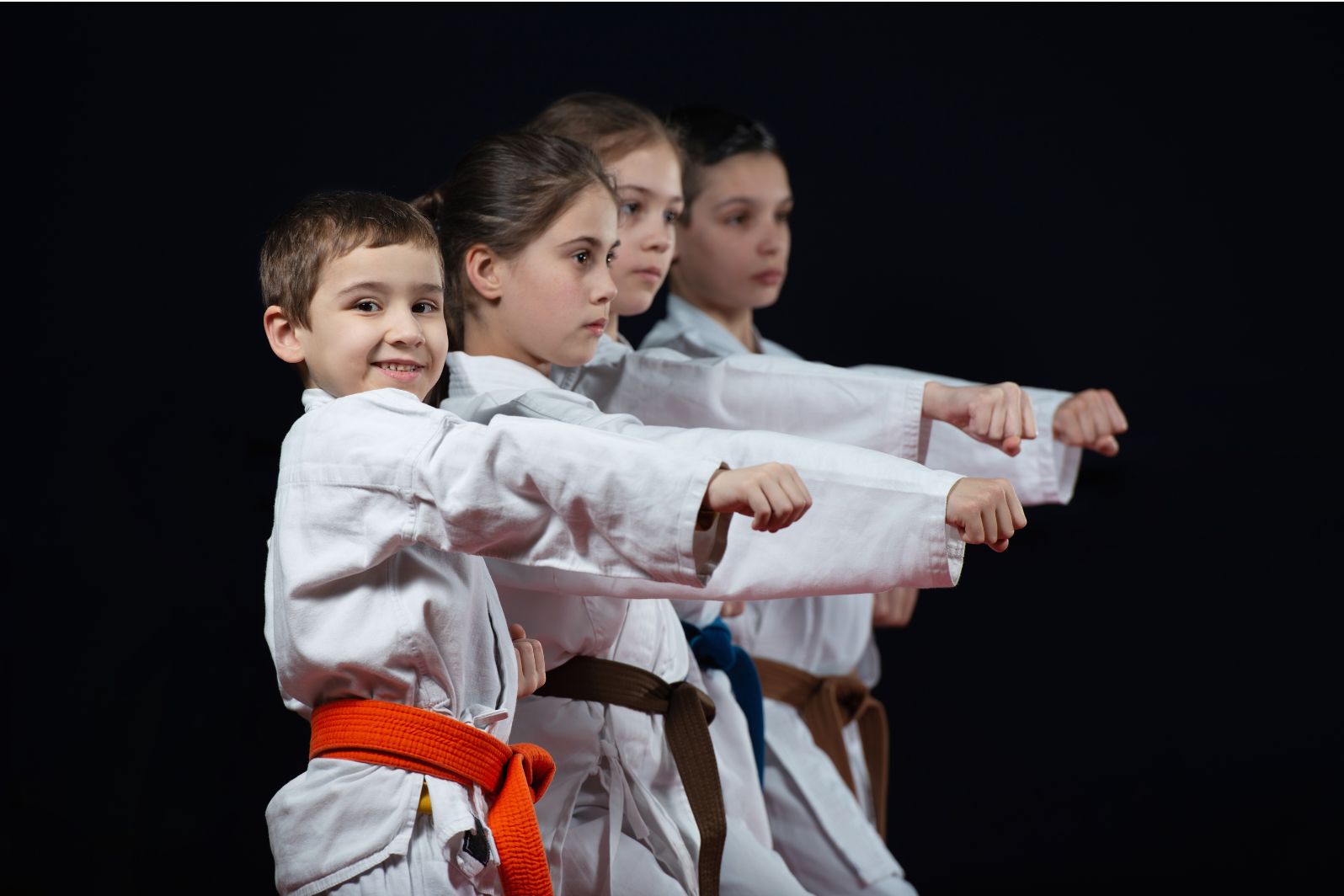In the world of martial arts, success isn’t just about physical strength or technical skill. It’s about something deeper-discipline and respect. These core values form the foundation of any martial arts school organization, shaping the way students train.
It also the way schools are organized. This blog post will explore the critical role that discipline and respect play in creating an effective and harmonious martial arts environment. Read on.
Table of Contents
Why Discipline Matters in Martial Arts Schools
Discipline is the backbone of martial arts. It teaches students to control their actions and emotions.
It leads to personal growth both inside and outside the dojo. But how exactly does discipline impact a martial arts school?
Enhances Focus and Concentration
When students practice discipline, they learn to focus their minds on the task at hand. This focus extends to all aspects of training, from perfecting a single technique to understanding complex kata. A disciplined mind is less likely to be distracted, leading to more effective training sessions and faster progress.
Promotes Consistency and Commitment
Discipline instills a sense of responsibility in students. They understand the importance of showing up to every class and giving their best effort.
This consistency is vital for skill development. It also helps create a culture of commitment within the school.
Builds Strong Character
Martial arts are not just about fighting; they’re about building character. Discipline teaches students to:
- persevere through challenges
- stay humble in victory
- remain resilient in defeat
These traits are invaluable, extending far beyond the martial arts school into everyday life.
The Role of Respect in Martial Arts Schools
Respect is another pillar of martial arts. It fosters a positive atmosphere where students feel valued and motivated. But what specific roles does respect play in a martial arts school?
Creates a Positive Learning Environment
When respect is emphasized, students feel safe and supported. They are more likely to:
- take risks
- ask questions
- push themselves harder
This positive environment is crucial for learning and growth.
Strengthens Student-Teacher Relationships
Respect between students and teachers is essential. It ensures that students are open to instruction and willing to learn.
Teachers who feel respected are more motivated to provide high-quality training. This creates a cycle of mutual appreciation and improvement.
Encourages Teamwork and Camaraderie
In a respectful environment, students support each other. They celebrate each other’s successes and help each other through challenges.
This sense of camaraderie builds a strong community within the school. This makes it a place where everyone feels they belong.
Implementing Discipline in Martial Arts Schools
Now that we understand the importance of discipline, how can martial arts schools effectively implement it?
Establish Clear Rules and Expectations
One of the first steps in fostering discipline is setting clear rules and expectations. Students should know what is expected of them in terms of:
- behavior
- attendance
- effort
Clear guidelines provide a framework for disciplined behavior. Check out martial arts Elk Grove to learn more about the best martial arts with the use of discipline.
Lead by Example
Instructors and senior students must lead by example. When they demonstrate discipline in their actions, it sets a standard for others to follow. Leading by example is one of the most powerful ways to instill discipline in students.
Use Positive Reinforcement
Positive reinforcement can be an effective tool for encouraging disciplined behavior. Recognizing and rewarding students who consistently demonstrate discipline can motivate others to follow suit. This could be through:
- verbal praise
- awards
- advancing in rank
Fostering Respect in Martial Arts Schools
Respect is equally important, and there are several strategies schools can use to cultivate it.
Teach Respect as a Core Value
Respect should be integrated into the curriculum from day one. Discuss its importance, show how it’s demonstrated in martial arts, and encourage students to practice it in every class. When respect is a core value, it becomes a natural part of the school culture.
Encourage Open Communication
Open communication fosters respect. Encourage students to express their thoughts and concerns respectfully.
This helps build trust and shows that every student’s voice matters. Open communication leads to a more cohesive and respectful community.
Celebrate Cultural Traditions
Martial arts often have rich cultural traditions that emphasize respect. Incorporating these traditions into training can deepen students’ understanding of respect. Bowing to instructors, using respectful titles, and following traditional protocols are all ways to instill respect.
The Synergy of Discipline and Respect
Discipline and respect are powerful on their own, but their true potential is realized when they work together.
Creating a Balanced Environment
When discipline and respect are balanced, they create a harmonious environment. Discipline without respect can lead to a rigid and oppressive atmosphere.
While respect without discipline can result in chaos. Together, they create a balanced and effective training environment.
Enhancing Student Development
Students who learn both discipline and respect develop into well-rounded individuals. They have the self-control to manage their actions and the empathy to understand others. This dual development is the goal of martial arts education.
Building a Strong School Culture
A martial arts school that prioritizes discipline and respect builds a strong culture. This culture attracts dedicated students and fosters long-term growth.
It creates a community where everyone is committed to not only their development but also the development of their peers. This is very useful for martial arts with weapons.
Practical Tips for Instructors
Martial arts experts play a crucial role in embedding discipline and respect into the school’s culture. Here are some practical tips for instructors:
Model the Behavior
Instructors should consistently model disciplined and respectful behavior. This sets a powerful example for students to emulate. Your actions speak louder than words.
Regularly Reinforce Values
Regularly discuss the importance of discipline and respect. Reinforce these values in every class, and make them a central part of your teaching philosophy. Consistent reinforcement helps integrate these values into students’ daily lives.
Provide Constructive Feedback
Offer constructive feedback that encourages improvement. When correcting a student’s technique, do so in a way that respects their effort and encourages their growth. Positive feedback fosters a respectful and motivating learning environment.
Join a Martial Arts School Organization Today
Discipline and respect are not just buzzwords in the martial arts community. They are fundamental principles that guide the way schools are organized and how students learn. By prioritizing these values, martial arts school organization can create a positive, effective, and harmonious environment where students thrive.
Remember, the path to mastery in martial arts is not just about perfecting your techniques. It’s about developing your character. And that starts with discipline and respect.
If you want to read more articles, visit our blog.



